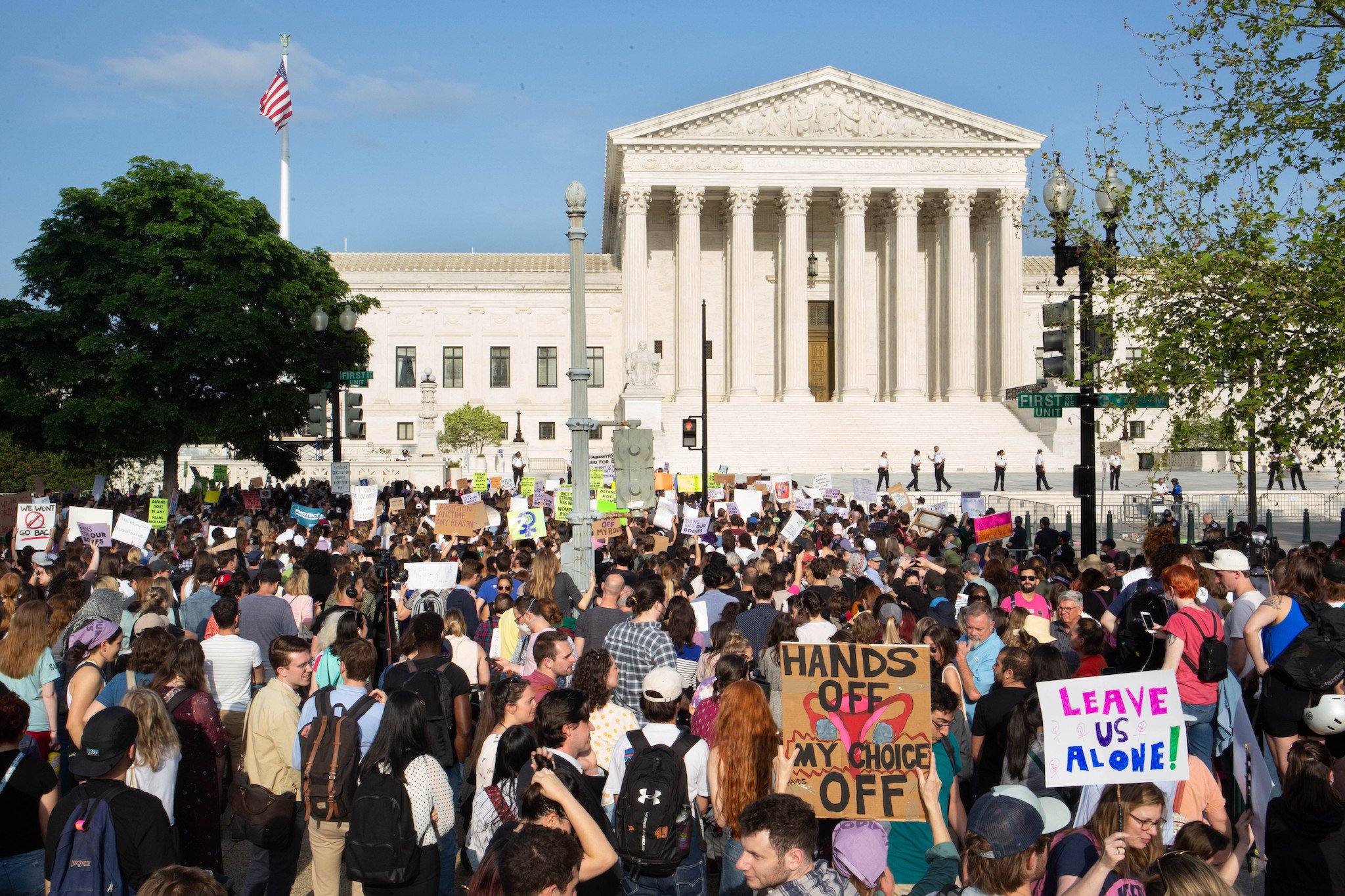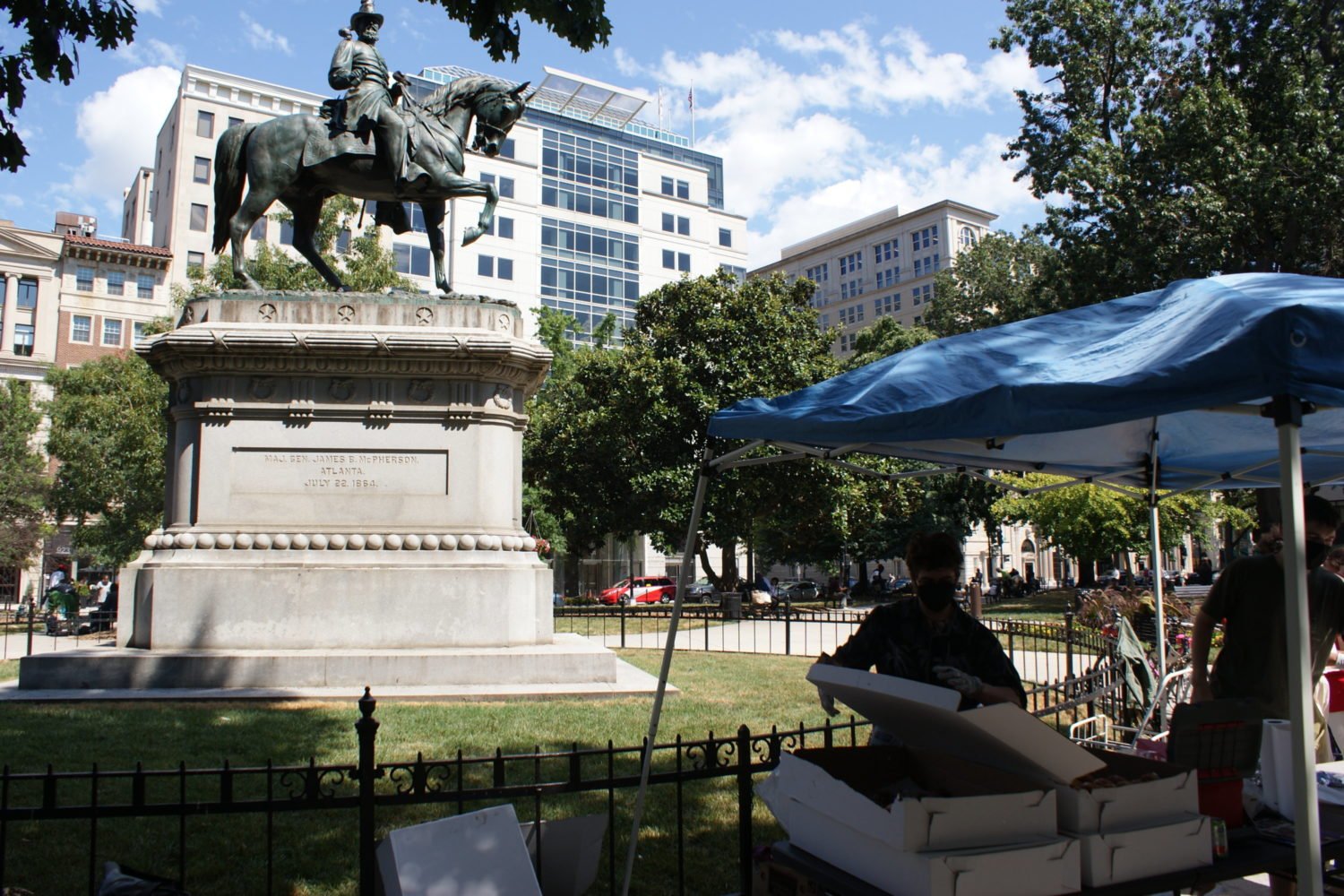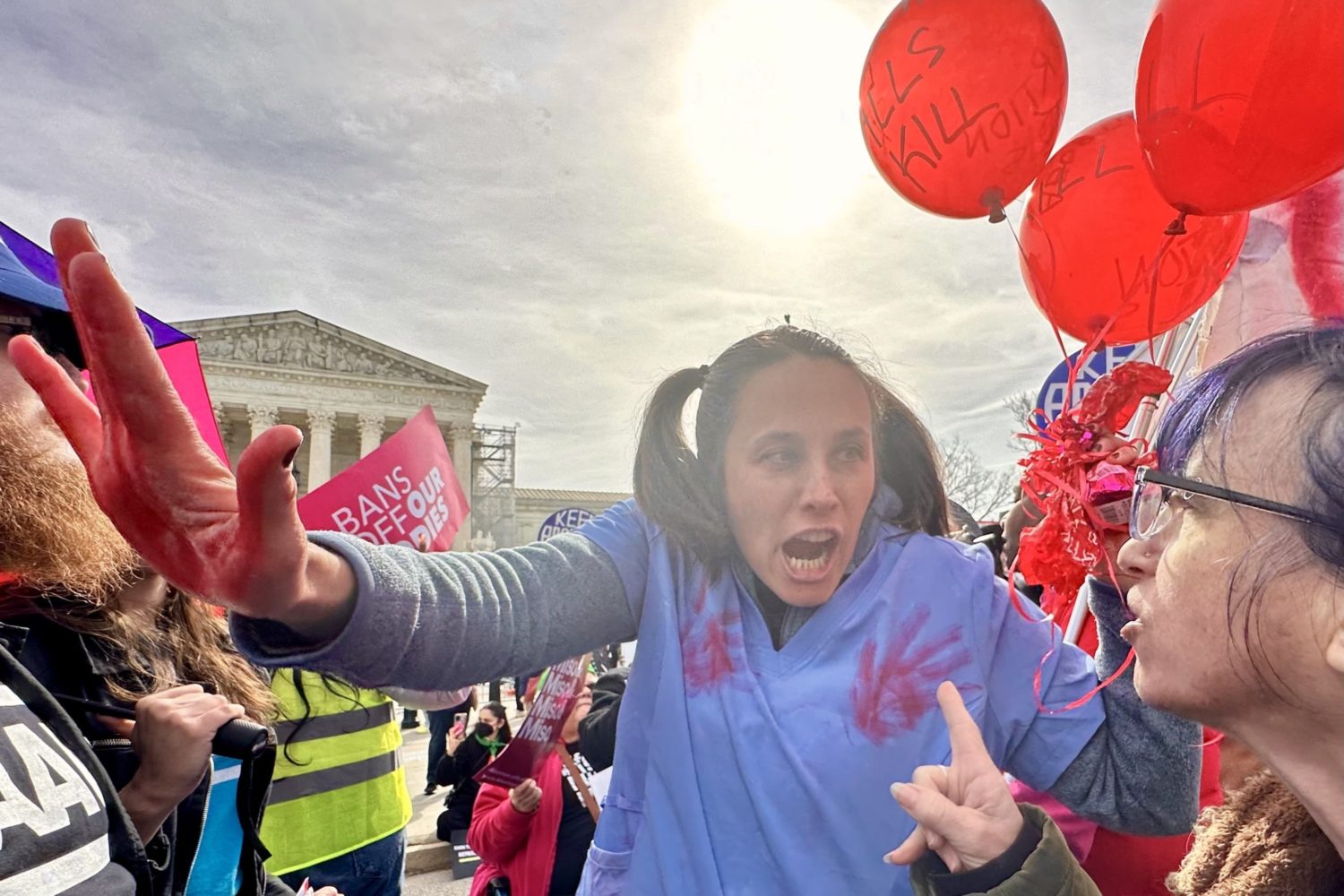On April 21, the Supreme Court ruled that Mifepristone will remain available nationally while the case about its FDA approval continues to be argued in lower courts. ACLU DC lawyer Melissa Wasser says the case is likely to return to the Supreme Court in the next year. DC, Maryland, and Virginia are all preparing for a possible ban differently.
Mifepristone was approved in 2000 and is the drug used most frequently in medical abortions, which account for 51 percent of all abortions, according to a CDC report released in 2022. A US District Court in Texas threw access to Mifepristone into uncertainty on April 7 when it issued an injunction that withdrew approval of the pill. Judge Matthew Kacsmaryk, a Trump appointee, ruled that he did not agree with the FDA approval process of Mifepristone, or the 2016 changes that made it more accessible. The 2016 changes reduced the number of visits a patient had to make from three to one and increased the gestation period eligible from seven weeks to ten.
On April 10, both the Department of Justice and the manufacturers of the drug, Danco, requested a stay of Kacsmaryk’s ruling with the Fifth Circuit Court of Appeals. The Fifth Circuit court ruled that Mifepristone could remain on the market, but maintained the repeal of the 2016 changes, explains Melissa Wasser, policy counsel for ACLU DC. The DOJ again appealed this decision, this time to the Supreme Court. After a week of temporary decisions from the Supreme Court, it handed down a ruling on April 21 that said the drug can remain on the market while the merits of the case are argued in lower courts. The next step: oral arguments in the Fifth Circuit begin on May 17.
Here’s what DC, Maryland, and Virginia have been doing to prepare for a possible ban.
What’s Going on in DC
DC is a member of a coalition in an opposing “mirror lawsuit” in Washington State. In that case, 17 states and DC filed a suit to protect FDA approval of Mifepristone. A Ninth Circuit judge in that case ruled in the coalition’s favor. If the Fifth Circuit court orders the FDA approval of the drug be retracted, there will be a “circuit split,” which Wasser says makes it incredibly likely that the case will return to the Supreme Court. Because DC is a member of the coalition, access to Mifepristone is protected until there is another federal mandate.
In preparation of a possible national ban, there’s not much the DC government can do. DC lacks a representative with the power of a governor, who can order the drug to be stockpiled. DC currently has not created a stockpile of Mifepristone. Congressional oversight—with Congress currently under GOP control—also rules out passing legislation that would protect access. This could “reignite another call for DC statehood,” Wasser says, “Because our government cannot take steps to keep our people safe.”
A spokesperson for DC Councilmember Christina Henderson, who chairs the health committee, says she is aware of the issue and is “in conversation with the Executive about the matter.”
Mayor Muriel Bowser did not respond to Washingtonian’s request for comment.
What’s Going on in Maryland
Governor Wes Moore is actively protecting access to Mifepristone. Maryland is a member of the coalition of 17 states and DC, and has been stockpiling Mifepristone. Delegate Nicole Williams, who sponsored a bill last session prohibiting judges from going after healthcare providers and out-of-state residents who utilize abortion services in Maryland, says the order from the Department of Health and the governor would create a stockpile of about two-and-a-half years worth of Mifepristone. The most recent legislative session ended April 10, but Williams says she and other delegates are continuing to watch the language that comes out of the courts to prepare legislation for the 2024 session.
What’s Going on in Virginia
Virginia is not part of the coalition lawsuit in the Ninth Circuit, but abortion is legal in the state up until the second trimester of a pregnancy. Governor Glenn Youngkin has said he “[doesn’t] have much of an opinion” on the District Court’s ruling. All 100 seats in the House of Delegates and 40 seats in the State Senate are up for grabs in the November 2023 election prior to the next legislative session, so any possible legislation is hard to prepare for, according to Planned Parenthood Virginia Executive Director Jamie Silverman. Even if the state House and Senate are won by pro-choice Democrats, legislation must still be signed off by Youngkin, who is unlikely to support more protections for abortion, ACLU VA staff attorney Geri Greenspan says. However, Silverman says a constitutional amendment does not require the governor’s signature and is a possible option for further abortion protections.
The Fifth Circuit’s oral arguments begin May 17. If the case is expedited, Wasser says it could return to the Supreme Court before their session ends on June 30. However, the last day of arguments for this session is this week, so it is likely to roll into the 2023-24 session, which is set to begin October 2.

















